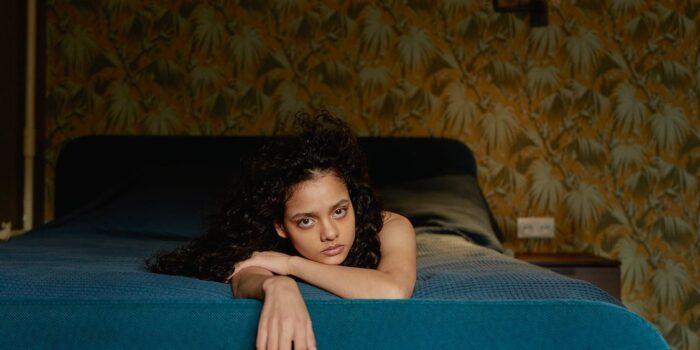Embarking on the journey to overcome prescription drug addiction is a brave and commendable step, one that might often feel overwhelming and challenging. You or your loved one may find yourselves searching for ways to articulate feelings, emotions, and experiences that words can’t adequately capture. Enter art therapy, a therapeutic approach that combines creativity and expression, offering an invaluable tool in the intricate puzzle of addiction recovery.
Imagine a space where you can communicate without judgment, without needing to find the right words, and without any predefined expectations. Art therapy provides this very space. By harnessing the power of creativity, whether it’s through painting, drawing, sculpting, or any other art form, you get to externalize your inner battles, giving them shape and form. This process allows you to confront, understand, and eventually heal from the intricate web of emotions entangled with addiction.
Art therapy isn’t just about creating beautiful works of art; it’s about the journey. Engaging in the creative process has been shown to reduce anxiety, stress, and feelings of isolation. When grappling with the pull of prescription drug addiction, these moments of respite can be incredibly empowering, acting as a beacon of light amidst the storm. Furthermore, it fosters self-esteem and a sense of accomplishment, crucial pillars in rebuilding the self-worth that addiction often erodes.
In the vulnerable and often confusing phase of recovery, art therapy acts as a medium to reconnect with oneself. It offers clarity amidst the chaos, helping you or your loved one to process traumas, confront fears, and celebrate victories, however small they may seem. The beauty of art is its universal language; it transcends barriers, making it an invaluable approach for individuals from all walks of life.
5 Useful Tool
- Sketchbooks and Journals: Having a personal sketchbook or art journal can be invaluable. Whenever you feel overwhelmed or triggered, you can turn to your journal. By sketching, painting, or even just doodling, you allow your emotions to flow onto the pages, providing a therapeutic outlet and a tangible record of your journey.
- Digital Art Platforms: In today’s tech-driven age, platforms like Procreate or Adobe Fresco can be a boon. They provide you with a plethora of artistic tools right at your fingertips. Whether you’re at home, in a cafe, or on the move, these platforms can be your digital canvas, ensuring you always have an outlet for expression.
- Guided Art Therapy Apps: There are numerous apps available that provide guided art therapy sessions. These apps, tailored for therapeutic art creation, often come with prompts and exercises that can guide you, especially if you’re unsure where to begin or how to channel your feelings into your artwork.
- Creative Workshops: Engaging in group workshops can be a dual advantage. Not only do you get to explore various art mediums and techniques, but being in a group can foster a sense of community. Sharing your art and the stories behind them with others on similar journeys can be profoundly cathartic and supportive.
- Art Supply Kits: Investing in a comprehensive art supply kit can be a game-changer. Having a range of materials like colored pencils, acrylic paints, pastels, and different paper types ensures you have the freedom to express in whichever medium resonates with you at any moment. When emotions run high, diving into your kit can be the perfect distraction, channeling those feelings into something tangible and creative.
In the vibrant tapestry of South African culture, where art and expression are deeply rooted in its history and daily life, the therapeutic power of creativity becomes even more significant. You and your loved ones, in this diverse landscape, have the unique opportunity to meld traditional artistic expressions with modern therapeutic practices. The journey of recovery, especially in a context rich with cultural art forms, allows for a deeper exploration of oneself. The act of creating, whether drawing inspiration from the colourful streets of Johannesburg or the tranquil beaches of Cape Town, can be the balm that soothes the wounds of addiction. As the renowned artist Pablo Picasso once said, “Art washes away from the soul the dust of everyday life.” In the heart of South Africa, let art be the medium that guides, heals, and uplifts you on the path to a brighter, addiction-free future.


